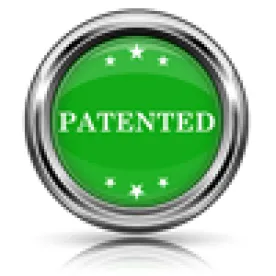In Singhal v. Lee, the U.S. District Court for the Eastern District of Virginia dismissed a complaint that challenged the Patent Term Adjustment (PTA) awarded to two patents, because the complaint failed to state a claim upon which relief could be granted. Ms. Singhal challenged the “RCE carve-out” on policy grounds, but federal courts lack authority to re-write statutes on that basis.
The Patent Term Adjustment At Issue
The patents at issue were U.S. 8,090,945 and U.S. 8,103,246, which Ms. Singhal appears to have filed and prosecuted per se. The prosecution of both patents included the filing of one or more Requests for Continued Examination (RCEs). When calculating PTA, the USPTO applied 35 USC 154(b)(2)(B) and did not award any PTA for B-delay that occurred after the RCEs were filed.
Ms. Singhal’s complaint was filed before the Federal Circuit rejected part of the USPTO’s carve-out rule in Novartis v. Lee.
One of Ms. Singhal’s arguments was that the RCE carve-out unjustly penalized applicants who “often have good reason to request continued examination of an application.” For example, Ms. Singhal faced several “final” Office Actions that made new prior art rejections, requiring her to file an RCE in order to amend the claims to overcome the new rejections. Without addressing that position on the merits, the court noted that it lacks authority to re-write the statute:
Courts including the Federal Circuit in interpreting § 154 itself – have repeatedly held that they lack authority to re-write a statute simply because a Plaintiff “believes that the delicate balance that Congress struck was erroneous, unwise, or somehow inequitable.”
Additional PTA Under Novartis
Even is Ms. Singhal is not entitled to the additional PTA she sought, she might be able to obtain additional PTA under Novartis. That could amount to about three additional months of PTA for the ‘845 patent and four additional months of PTA for the ‘246 patent. According to one of the papers filed by the USPTO in this case, the USPTO may recalculate the PTA for both patents consistent with Novartis once this district court proceeding is terminated.




 />i
/>i

